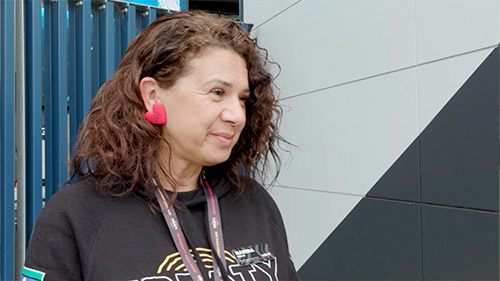Submissions Library
Please be aware that some of the content on this page contains potentially offensive or controversial material. If you are affected by the content and would like support, please contact 13 YARN on 13 92 76 or Lifeline on 13 11 14.
Yoorrook reserves the right not to publish all or part of a submission if it considers it inappropriate to do so. By publishing a submission, Yoorrook expresses no opinion about the content or accuracy of the submission or material referred to in the submission. Submissions are not published where the person making the submission has asked that it be kept confidential.
Filter
Keyword
Showing
Submission – Jason Stewart
This submission provides historical “Previous History of -” documentation.
Submission – La Trobe University Group
This submission was made by a group of 57 staff and students from La Trobe University.
The submission proposes that La Trobe University be renamed due to Charles La Trobe’s role in Victoria’s colonisation, and that doing this would align with comments made by Yoorrook’s Chair, Professor Eleanor Bourke and Premier Jacinta Allan in terms of the importance of understanding history from a First Nations perspective.
Submission – James Gordon Barrett
James Gordon Barrett’s great great great grandfather, the Reverend George Langhorne, was a missionary in Australia during the early 19th century. This submission recounts James’ great great great grandfather’s history, alleging that while doing the Lord’s work, he was also participating in an act of genocide, and actively worked to destroy the material, spiritual, and cultural lives of First Peoples. Additionally, the submission includes a transcribed copy of the Reminiscences of James Buckley, who lived among the Wallawarro or Watourong Tribes at Geelong Port Phillip for 30 years.
Please be aware that this submission contains sensitive material.
Submission – Anglican Church, Victorian Dioceses
This submission was prepared by the Anglican Dioceses of Melbourne, Bendigo Wangaratta and Gippsland in response to a RFI made by the Yoorrook Justice Commission ahead of representatives from the Anglican Church appearing at a Yoorrook hearing.
Submission – Sally Gibson
Sally Gibson is descended from several colonists. In this submission, she recounts the history of how an Aboriginal man named ‘Murray’ was killed by William Kinley at Bushy Creek in 1851. She describes the way in which she is trying to make amends for the crime and believes strongly that descendants of colonists have an obligation to explore their first contact stories and connections to the British invasion of Australia.
Please be aware that this submission contains sensitive material.
Submission – Rob Christie
This submission is Rob Christie’s book A Convenient Scapegoat: Angus McMillan and the Gippsland Massacres along with an article of the same name published in the LaTrobeana magazine July 2023 in the hope that they will contribute to the Truth Telling of the events that took place in Gippsland in the early days of settlement.
Submission – Anonymous 537
This submission contains truth telling records relevant to the Bunurong including evidence of Aboriginal people themselves as recorded by colonisers.
Please be aware that this submission contains sensitive material.
Submission – Narida Miller
In this video submission, Narida Miller, from the Briggs mob, Yorta Yorta country, reflects on what it feels like to be an Aboriginal person in Victoria after the Voice referendum. She discusses land rights, cultural safety, how First Peoples history is taught in school, and housing for Aboriginal people in Victoria.
Submission – Dr Wayne Atkinson
Dr Wayne Atkinson is a Yorta Yorta Elder and Senior Fellow at the University of Melbourne.
This submission includes papers from Dr Atkinson’s PhD thesis tracing the origins of reserves and the policy of segregation and control. Also includes is an historic analysis of land injustice in Victoria, drawing on Dr Atkinson’s knowledge as a principle claimant in the Yorta Yorta case.
Submission – Denise Sweet
Denise Sweet is a Bundjalung Gumbaynggirr woman currently on Wergaia country.
This submission is a transcript of Denise Sweet recounting her family’s experiences of injustice since colonisation.
Please be aware that this submission contains sensitive material.

